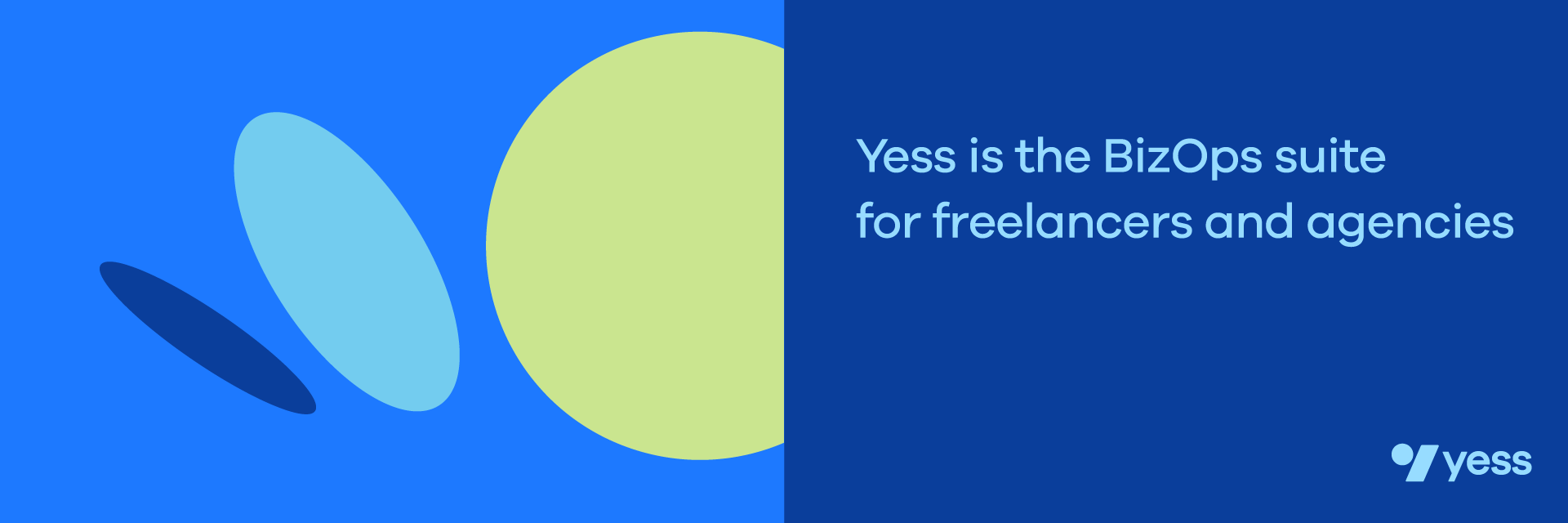Running a small agency is a challenging endeavor, filled with complexities and nuances. While there's no one-size-fits-all formula for success, there are proven strategies that can help you navigate the labyrinth of agency management. Below are six actionable tips, expanded for clarity, to guide your agency toward a more prosperous future.
1. Clarify Your Objectives
Understand Your Personal Goals
Before diving into the business side of things, it's crucial to have a clear understanding of your personal objectives. Are you aiming for a specific income level? How many hours are you willing to dedicate to your agency each week? By answering these questions, you set the stage for aligning your personal ambitions with your business goals, making it easier to make decisions that benefit both.
Define Your Business Aims
Once you've got your personal goals sorted, it's time to focus on your agency's objectives. What kinds of projects excite you? What's your vision for the agency five years down the line? Having a clear understanding of what you want to achieve with your agency will serve as a compass, guiding your business decisions and helping you steer clear of projects or opportunities that don't align with your vision.
Align and Communicate
After setting both personal and business objectives, the next step is to ensure that your team is on the same page. Share your business goals with them, but keep your personal goals to yourself. This alignment ensures that everyone is working toward the same endgame, making it far more likely that you'll achieve the kind of success you're aiming for.
2. Identify Your Ideal Clients
Be Specific About Client Traits
Working with just anyone who can pay the bills is a recipe for stress and potential failure. Instead, identify the characteristics that make a client ideal for your agency. Create a detailed list of traits and requirements that your perfect clients should meet. This focused approach will help you channel your energy and resources more effectively.
Update Your Client List
Your agency will evolve, and so will your ideal client profile. Make it a habit to regularly update your list of good and bad client traits. This ongoing refinement ensures that you're always targeting the most beneficial and profitable opportunities, while steering clear of potential pitfalls.
Say No to Bad Fits
Turning down work may seem counterintuitive, especially when you're eager to grow. However, saying no to clients who are a bad fit frees up your time and resources to pursue more suitable, and ultimately more profitable, opportunities. It also prevents the stress and resource drain that come with managing problematic clients.
3. Be Your Own Client
Nurture Referrals
While referrals are a fantastic way to get new business, they often need a nudge to convert into paying clients. Make sure your agency's name is the first that comes to mind when a potential client realizes they need services like yours. This might involve follow-up emails, occasional check-ins, or even sending out informative newsletters.
Assign an Internal Account Manager
Your agency should be its own most important client. Assign someone on your team to manage your agency's marketing and communications. This person should treat your agency's brand with the same level of care and attention to detail as they would for any external client, ensuring that your marketing efforts are consistent and effective.
Build Awareness
Maintaining a consistent presence in your target market is crucial. Whether it's through social media, email marketing, or community involvement, keep your agency's name and services in the public eye. Regularly update your marketing campaigns to reflect current trends and to stay relevant to your ideal clients.
4. Monitor Project Profitability
Track Costs Carefully
Revenue is just one side of the profitability equation; you also need to keep a close eye on project costs. This involves tracking not just material costs, but also labor hours, overhead, and any other expenses associated with each project. Knowing these numbers allows you to accurately assess the profitability of each client and project.
Use Time-Tracking Tools
To get a clear picture of labor costs, implement time-tracking tools within your agency. Whether it's through traditional timesheets or specialized software, capturing this data is essential for understanding how much time your team spends on each project. This, in turn, helps you make more informed decisions about project pricing and resource allocation.
Make Informed Decisions
Armed with accurate cost and time data, you can make intelligent choices about which projects to take on and how to price them. This enables you to focus on the most profitable work, refine your ideal client profile, and even identify areas where operational efficiencies can be gained.
5. Conduct Weekly One-on-Ones
Schedule Regular Meetings
Consistency is key when it comes to employee engagement and performance. Schedule regular one-on-one meetings with each team member and stick to this schedule. These meetings provide a structured opportunity for feedback, discussion, and problem-solving, making them an invaluable tool for agency management.
Listen and Learn
These one-on-one sessions are not just for you to provide feedback; they're also an opportunity for you to listen. You'll gain insights into team dynamics, client relationships, and even discover innovative ideas that could benefit the agency. The more you listen, the more you'll learn about how to improve your agency's overall performance.
Keep It Consistent
Consistency in these meetings is crucial for their success. Even if you interact with team members on a daily basis, these scheduled sessions offer a dedicated time for deeper discussions. Maintaining this consistency will result in more meaningful conversations and, ultimately, a more cohesive and effective team.
6. Leverage Yess for Streamlined Operations
For agencies looking to optimize their operations, Yess offers a comprehensive BizOps Suite tailored to the unique needs of agencies. From project management and meeting scheduling to proposal sending and invoicing, Yess automates a wide range of tasks, allowing you to focus on what you do best.

Conclusion
While these six strategies may not bring about overnight transformation, they provide a robust framework for steady growth and improvement. Tailor these tips to your agency's specific needs, and you'll be well on your way to building a more successful and sustainable business.






